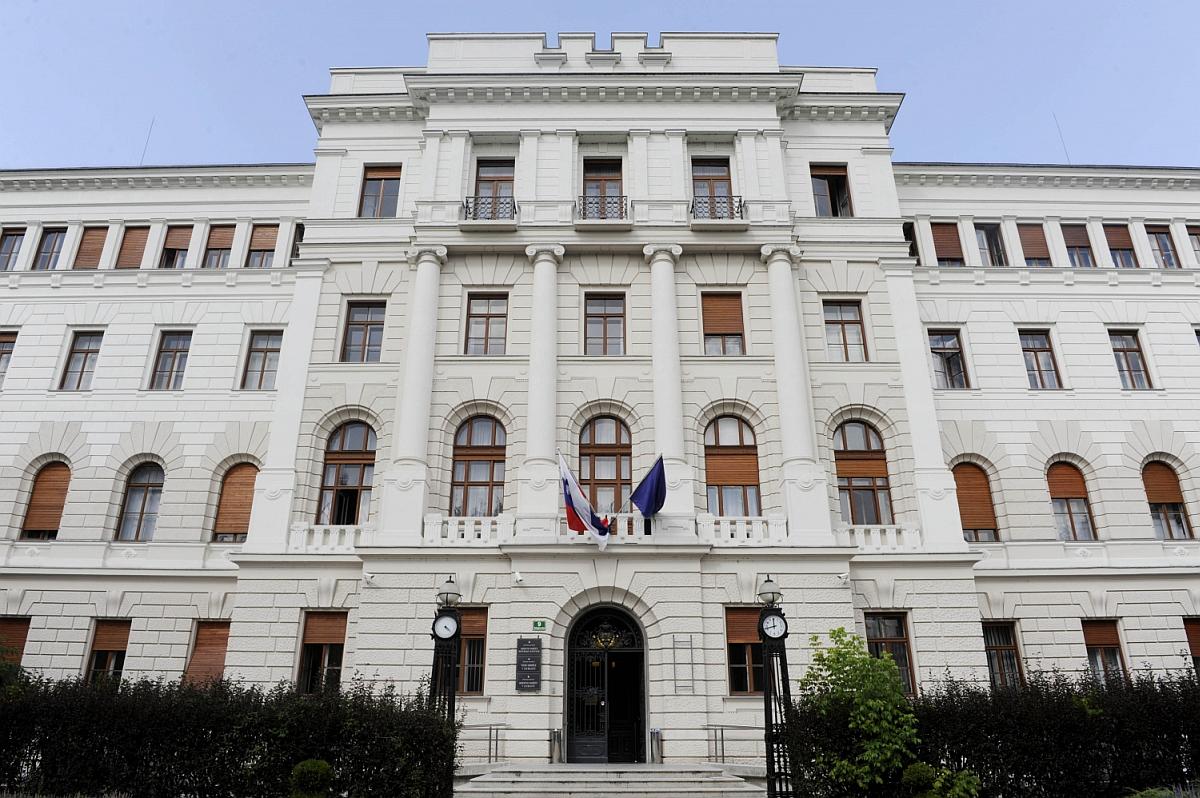
The court council is to publish a new open call for new Supreme Court president, as there were no applications for the post in the first round. Current president Branko Masleša’s mandate ends in the second half of November. He said he would not run for another term.
Supreme Court judges are eligible to apply as candidates for the post, but there are two conditions. Before the end of their six-year mandate they must not turn 70-years-old and they must already be Supreme Court judges for at least three years. In its yearly report the Supreme Court did warn of an "ageing" judiciary. For the first time ever the number of judges older than 60 years was higher than those younger than 40.
What kind of conditions will the new Supreme Court president have to face? Data from the yearly report for 2015 shows that courts are managing the situation well, as they are able to solve more cases than they receive. The generally expected time for solving a case is three months.
At the same time the number of judges continues to decrease. At the end of 2015 there were 913 judges, that is 26 less than in the year before. The goal is to cut another 43 judges by the year 2020. As a result, court staff is playing an increasingly important role. In some cases court assistants and professional staff are also able to bring decisions.
Growing interest for court professions
Once again there is a growing interest for work in courts. Last year there was an open call for 22 judge positions and for every individual position there was an average of eight candidates. In the end 17 judges were hired - from that only 6 became judges for the first time. Due to the slow introduction of new young judges there is now a generational problem.
An important indicator in the quality of Slovenia’s judiciary is the number of certified, amended, or annulled judgments. Last year the Supreme Court made rulings in 678 cases. Around 75 percent of those resulted in certified judgments. The majority of those not certified, almost 70 percent, were annulled, while the rest were amended. Last year there were 212 complaints against Slovenia at the European Court of Human Rights. Slovenia was convicted in 13 cases. In sixes cases it was found guilty of not ruling within a reasonable time, and in three cases for violating the right to a fair trial.

































































